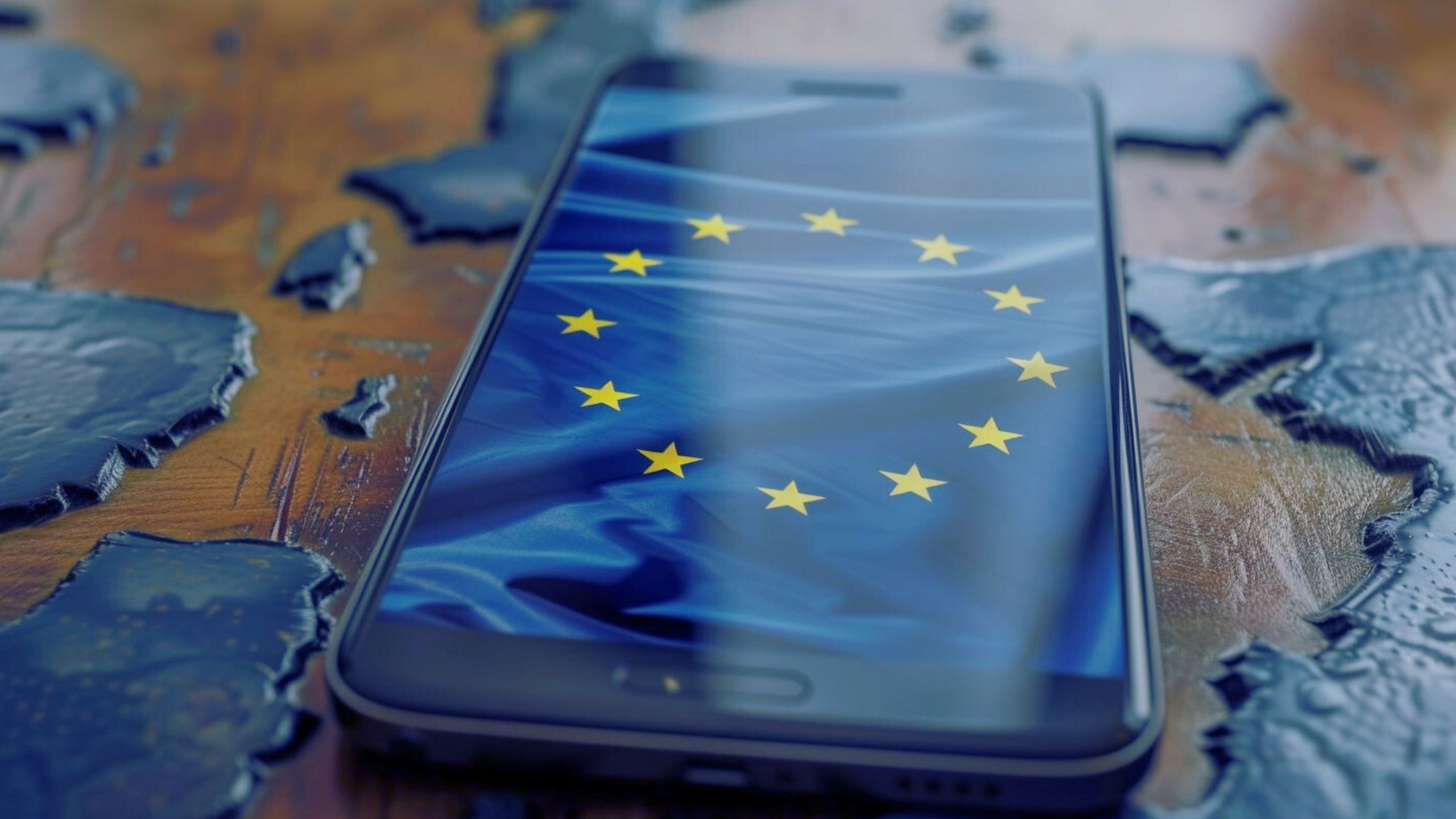The European Digital Media Observatory (EDMO), which gets money from the European Union and describes itself as a hub for fact-checkers, academics, and other stakeholders, has come out with recommendations for expanding what it calls a “whole-of-society” way of combating “disinformation.”
If EDMO has its way, media literacy experts, fact-checkers, academics, journalists, policy-makers, the finance sector, and regulators that are already involved will get some interesting new companions.
A post penned by EDMO Secretary-General and Coordinator Paula Gori makes it clear that the idea is not to stop with the current participants in “the hub,” and instead also try to bring in the financial sector.
One recommendation is to use shareholders to put pressure on companies to work against what is considered to be “disinformation.”
Gori goes into explaining how the “whole-of-society” concept works now, involving fact-checkers (supposedly independent, and accurate), civil society groups, which can influence policy-making, and media literacy, which is presented as a tool that helps people to think critically. The “traditional” approach also involves journalists, regulators, etc.
But EDMO wants to expand this hunt for “disinformation” by putting pressure on tech companies behind online platforms not only from the outside but from within as well, via their shareholders. According to Gori, this is already happening – she gives the example of Microsoft shareholder Cometa, a pension fund from Italy, recently asking “for more transparency on the risks for disinformation coming from AI.”
One of the favorite topics of “hubs” like EDMO, other than elections, is climate change; and here, investors are expected to influence how companies work by preferring to give money to those who are “environmentally and socially sustainable.”
And then, Gori comes up with a particularly odd idea – to consider “climate disinformation” as a form of greenhouse gas (GHG) emission, albeit an “indirect” one. Including their assessment of the way “disinformation” affects climate change in what is called GHG Emissions reporting would give online platforms a chance to achieve better scores.
And that, Gori is suggesting, might be an excellent way to put more pressure on them to go after whatever is designated as “disinformation,” or as she phrased it, it would incentivize these companies “to mitigate the risks arising from the design or functioning of their services.”








